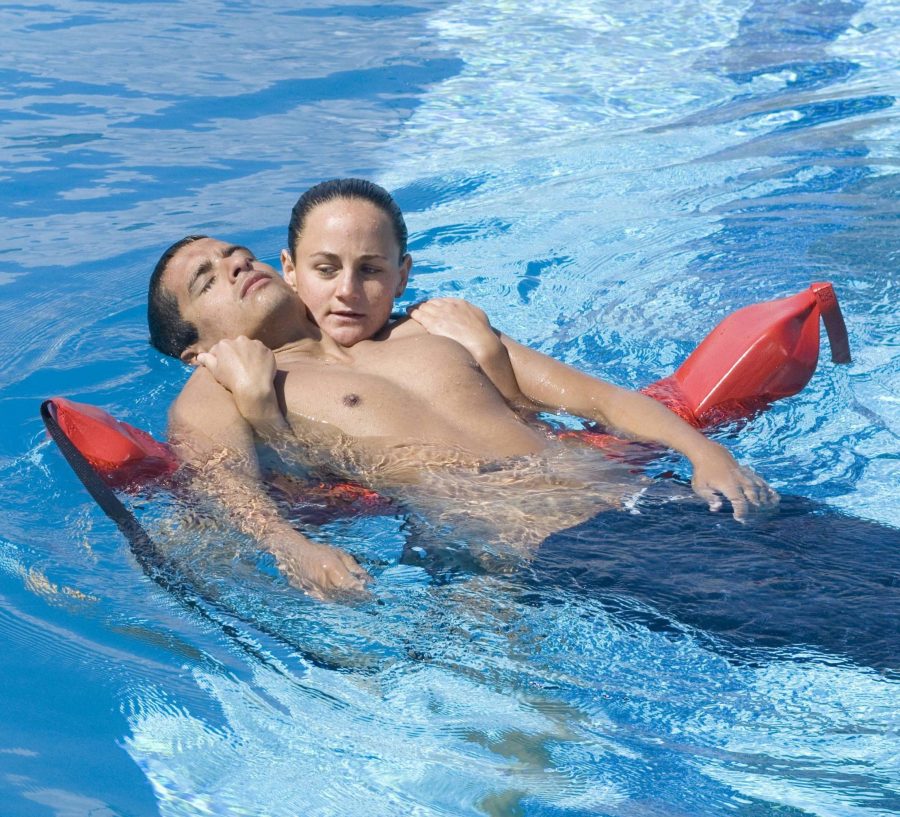Lifeguards play a vital role in ensuring the safety of swimmers and beachgoers, and their ability to respond swiftly and effectively in emergency situations can mean the difference between life and death. Proper lifeguard training is essential to equip these guardians of our waters with the necessary skills and knowledge to handle a wide range of emergencies competently.
In this article, we will explore the significance of lifeguard training and how it prepares lifeguards to be ready to respond to emergency situations with utmost professionalism and efficiency.
The Importance of Lifeguard training in California
California is renowned for its beautiful beaches and abundant recreational water areas, attracting millions of residents and tourists each year. However, the allure of these waters also presents inherent risks, as accidents and emergencies can occur at any time. That’s why having well-trained lifeguards patrolling the shores becomes paramount.
Lifeguard training in California is designed to meet the unique challenges posed by the state’s diverse aquatic environments. From the bustling beaches of Los Angeles to the serene lakes of the Sierra Nevada, lifeguards must be prepared to handle an array of potential emergencies. The training covers essential skills, such as water rescue techniques, CPR, first aid, and effective communication, ensuring that lifeguards are ready to respond efficiently in critical situations.
Comprehensive Lifeguard training Curriculum
Lifeguard courses in California adhere to a comprehensive curriculum that goes beyond basic swimming skills. These programs often require candidates to meet certain prerequisites, such as strong swimming abilities and physical fitness. Once accepted into the program, candidates undergo rigorous training that includes both theoretical knowledge and practical hands-on experience.
- Water Rescue Techniques: One of the fundamental aspects of lifeguard training is learning various water rescue techniques. Lifeguards are taught how to approach a distressed swimmer, use rescue equipment like tubes and rescue boards, and perform effective water-based rescues. They are trained to quickly assess the situation and respond appropriately to prevent further harm.
- Cardiopulmonary Resuscitation (CPR):CPR is a life-saving skill that every lifeguard must possess. Training includes learning the correct chest compression and rescue breathing techniques for both adults and children. The ability to administer CPR promptly can significantly improve a victim’s chances of survival until advanced medical help arrives.
- First Aid: Lifeguards are often the first responders in emergencies, and they must be prepared to provide immediate first aid. Training covers a wide range of injuries and medical conditions, such as cuts, bruises, fractures, and heat-related illnesses. Proper bandaging techniques and injury assessment are also part of the curriculum.
- Communication Skills: Effective communication is essential for lifeguards to work efficiently as a team and to interact with the public. They learn how to give clear and concise instructions, communicate with victims and bystanders in a reassuring manner, and effectively relay information to emergency services.
Simulated Emergency Drills
To enhance their readiness, lifeguard courses incorporates simulated emergency drills. These drills replicate real-life situations, allowing lifeguards to apply their knowledge and skills in a controlled environment. By practicing these scenarios regularly, lifeguards become better prepared to handle high-stress situations with confidence and composure.
During these drills, candidates are put through various emergency scenarios, such as a swimmer in distress, a drowning victim, or a medical emergency on the beach. Trainers evaluate their response times, decision-making abilities, and overall performance. Constructive feedback from experienced instructors helps candidates fine-tune their skills and learn from their mistakes.
Lifeguard classes near Me
If you’re considering a career as a lifeguard or simply want to enhance your water safety knowledge, you might wonder, “Where can I find lifeguard classes near me?” Fortunately, lifeguard training is widely available across California, offered by different organizations and institutions. Many public pools, aquatic centers, and private training companies provide certified lifeguard courses that follow state-approved curriculums.
Whether you reside in a coastal city or an inland community near a lake or river, you can likely find a lifeguard training program within a reasonable distance. The convenience of having lifeguard classes near you makes it easier for aspiring lifeguards to access the training they need to serve their communities effectively.
Obtaining Lifeguard certification
Upon successful completion of the lifeguard training program, candidates are eligible to obtain lifeguard certification. This certification is a testament to their proficiency in water rescue, first aid, and CPR, signifying that they are ready to respond to emergencies competently.
Having lifeguard certification opens up various employment opportunities in California. From public beaches and pools to water parks and summer camps, lifeguards are in demand during the warmer months when water-based activities are at their peak.
Additionally, some lifeguards pursue careers as swim instructors or pursue advanced certifications, such as Waterfront Lifeguard or Water Safety Instructor.
Final Thoughts
Lifeguard training in California is of utmost importance to ensure the safety and well-being of swimmers and beachgoers. Through comprehensive training curriculums and simulated emergency drills, lifeguards are equipped with the necessary skills and knowledge to respond swiftly and effectively in critical situations.
By seeking lifeguard classes near me and obtaining lifeguard certification, individuals can embark on a rewarding career as a lifeguard, contributing to their community’s water safety.
Remember, if you’re interested in lifeguard training, be sure to explore programs offered by reputable organizations like the American Lifeguard Association. The commitment to enhancing your skills as a lifeguard not only helps you protect others but also empowers you to become a responsible guardian of the water, ensuring everyone can enjoy California’s beautiful aquatic environments safely.

